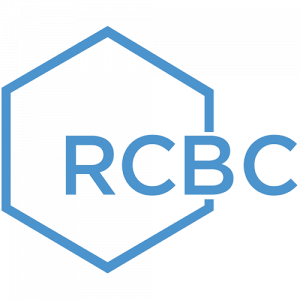Evaluating Properties for Potential Investment
Investing in real estate can be a great way to generate passive income and build wealth over time. However, not all investment properties are created equal, and it’s important to carefully evaluate potential properties before making a purchase. Here are some key factors to consider when evaluating potential investment properties:
RELATED: Real Estate Financing Options: A Comprehensive Guide for Buyers
Location

One of the most important factors to consider when evaluating a potential investment property is its location. Properties in desirable areas appreciate in value over time and are more likely to attract tenants. These are areas such as those with good schools, access to public transportation, and proximity to amenities like shopping and dining. On the other hand, properties in less desirable locations may be more difficult to rent out. It can appreciate more slowly, if at all.
Condition

Another important factor to consider is the condition of the property. Properties that require significant repairs or renovations may require a significant upfront investment. Ongoing maintenance costs cut into your potential profits. It’s important to carefully inspect the property. Obtain a professional inspection report to assess the condition of the property and any necessary repairs or upgrades. However, a property that requires minor cosmetic repairs can often be a good investment opportunity. It may be undervalued and offer the potential for increased value with relatively minor improvements.
Rental income potential

The rental income potential of a property is a key consideration when evaluating potential investment properties. Look for properties with high rental demand in the area and assess rental rates for comparable properties in the area. It’s important to factor in potential vacancy rates. This refers to expenses like property taxes, insurance, and maintenance costs, when calculating potential rental income. Additionally, it’s important to consider any restrictions on rent increases or rent control laws in the area. Consequently, restrictions like these may impact your potential rental income.
Potential for appreciation

In addition to rental income potential, it’s also important to consider the potential for appreciation in the property’s value over time. Look for areas with a track record of strong appreciation rates. Additionally, consider factors like new development and infrastructure improvements that may drive property values up over time. Furthermore, consider the potential for gentrification in up-and-coming neighborhoods, which can lead to significant increases in property values.
Financing options
Finally, it’s important to consider your financing options when evaluating potential investment properties. Look for properties that fit within your budget and are likely to generate a positive cash flow, and explore financing options like traditional mortgages, private financing, or other creative financing options. Additionally, it’s important to consider the potential tax implications of your investment, including deductions for mortgage interest and property taxes, as well as any applicable capital gains taxes when you sell the property.
Property management
When evaluating potential investment properties, it’s important to consider the amount of time and effort that will be required to manage the property. If you don’t have the time or experience to manage the property yourself, it may be worthwhile to consider hiring a property management company to handle day-to-day operations like rent collection, maintenance, and tenant screening. However, this will add an additional expense to your investment and will impact your potential profits.
Market conditions
Market conditions are another key consideration when evaluating potential investment properties. Look for areas with a strong economy and job market, as these factors can drive demand for rental properties and increase property values over time. Additionally, consider the impact of broader economic factors like interest rates and inflation on your investment, as these can impact the value of your property and your ability to generate income from it.
By carefully evaluating potential investment properties based on these key factors, you can make informed decisions and maximize your chances of success as a real estate investor. With time, patience, and a solid investment strategy, you can build a profitable real estate portfolio and achieve your financial goals.
READ MORE: Golden Haven Memorial Park News and Update


















